|
Solar System: Recent and
Current Missions
- Planet missions: Venus,
Magellan in orbit from 1990 to 1994; Mars, Pathfinder
and Global Surveyor in 1997 (2 spacecraft lost in 1999), Mars
Odyssey launched in 2001; Jupiter, Galileo in orbit since
1995; Saturn, Cassini started heading there in 1997, will
arrive in 2004.
- Other missions: The Sun,
SOHO, Ulysses, Wind, ACE, TRACE; Asteroids, EROS explored
Eros in 2000-2001; Comets, Stardust, launched in 1999,
is collecting dust and will meet comet Wild-2 in 2004; Pluto/Kuiper
Belt,
New Horizons, launched in 2006, is scheduled to arrive in 2015 [the fastest
spacecraft yet, at > 83,000km/h after its 2007 Jupiter encounter].
- Current trends: Loss of Mars
spacecraft may indicate NASA went too far in cutting costs, but
idea still seems good. New ideas include "impact" astronomy
(like with Lunar Prospector, Galileo, Deep Impact); Orbiters
vs landers vs rovers.
- Plans for the near future: Mercury,
NASA's Messenger in 2004, ESA's Bepi Colombo in 2009; Mars,
ESA's Mars Express in 2003, several NASA missions planned; Europa,
orbiter in 2003; Asteroids/Comets, ESA's Rosetta to be launched
in 2003.
|
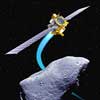
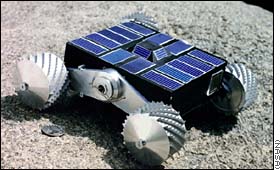
|




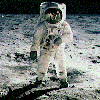
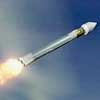


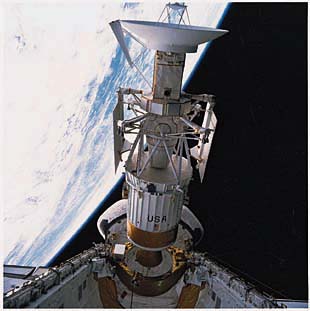
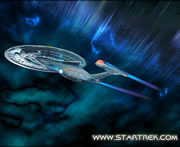
![]()